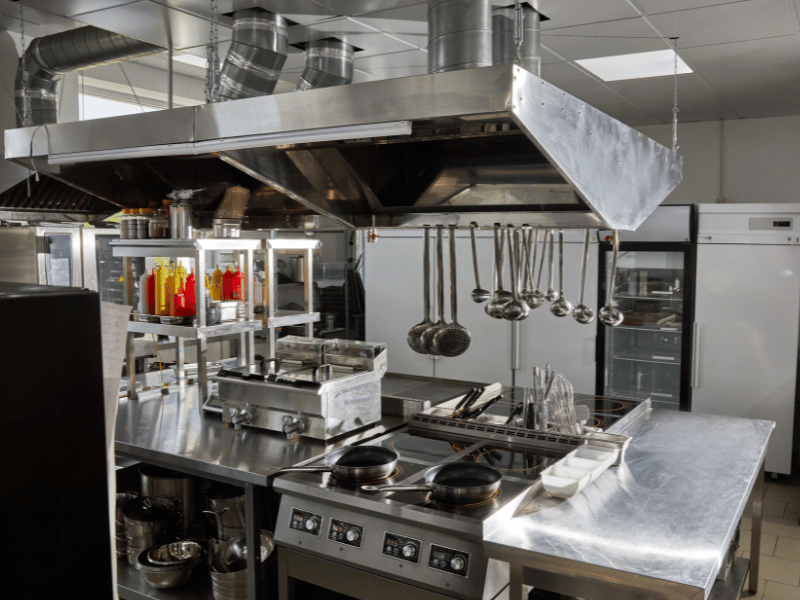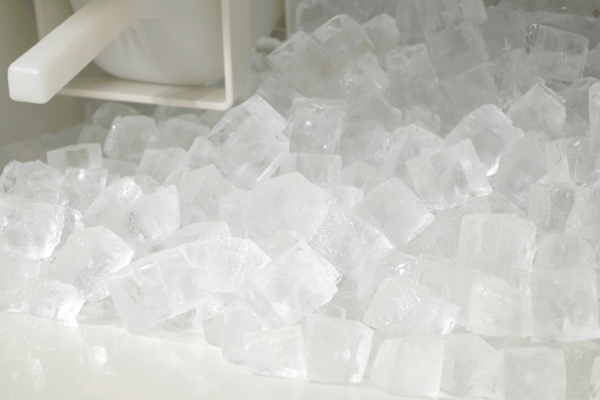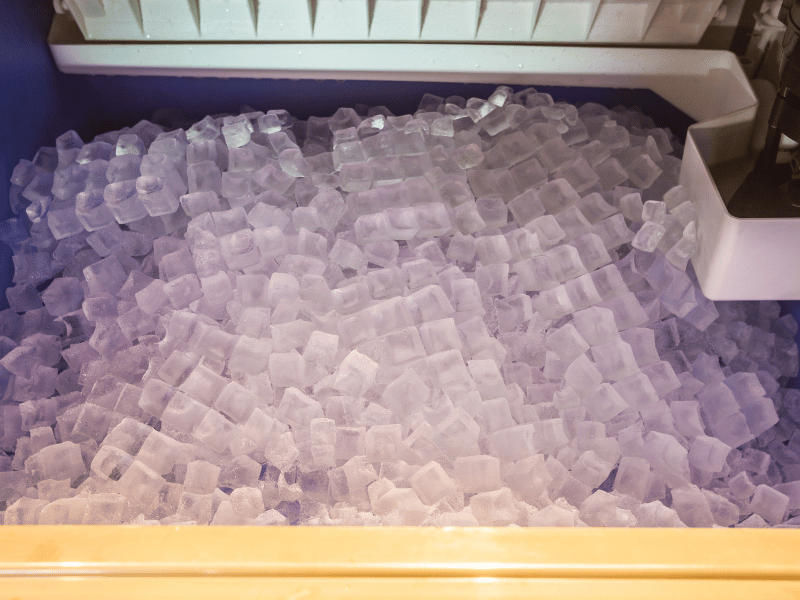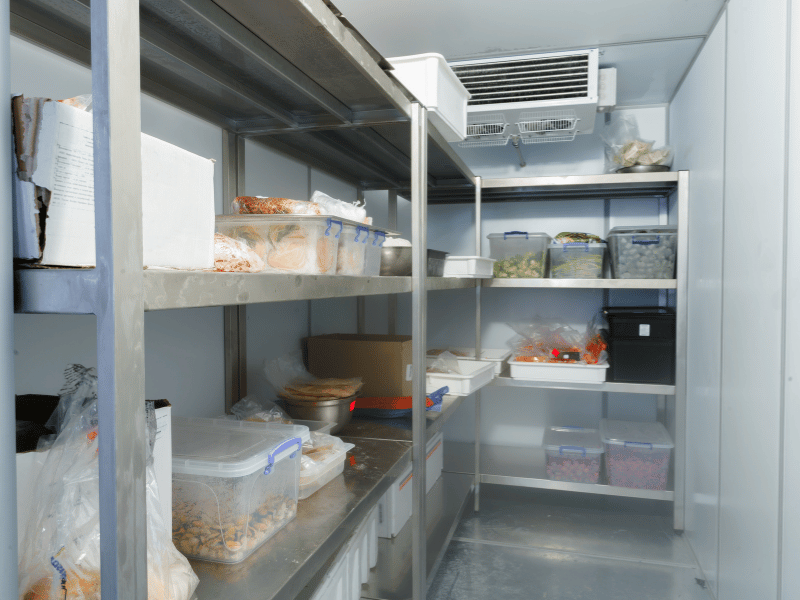As the leaves turn and temperatures drop, it’s time to think about how the change in seasons can affect your commercial refrigeration units. Proper maintenance and winterization are essential to ensure that your refrigeration equipment operates efficiently throughout the colder months. Neglecting these tasks can lead to inefficiencies and even costly breakdowns. To help you keep your commercial kitchen running smoothly, here are some essential tips for winterizing your refrigeration units.
1. Clean Your Condenser Coils
Dirty condenser coils are a common cause of refrigeration inefficiency. During winter, it’s vital to clean these coils to remove dust, dirt, and debris. This simple step can significantly improve your refrigeration unit’s performance, helping it maintain the right temperature even in colder conditions.
2. Inspect Seals and Gaskets
As temperatures drop, it becomes even more critical to check the seals and gaskets on your refrigeration units. Worn or damaged seals can lead to air leaks, making your equipment work harder to maintain the desired temperature. Ensure that all seals and gaskets are in good condition, and replace any that show signs of wear and tear.
3. Keep the Area Around Your Refrigeration Units Clear
Snow, ice, and debris can accumulate around your refrigeration units during the winter. This buildup can obstruct ventilation, making your equipment run less efficiently. Regularly clear the area around your units to ensure proper airflow.
4. Check Door Closings
Properly closing doors on your refrigeration units is crucial during the winter. Cold air escaping from open doors forces your equipment to work harder to maintain the right temperature. Ensure that doors are closing securely, and replace any faulty latches or hinges.
5. Monitor Temperature Settings
In colder weather, it’s tempting to adjust your refrigeration units to compensate for the lower ambient temperature. However, remember that maintaining the correct temperature is essential for food safety and quality. Keep a close eye on your unit’s temperature settings and make adjustments as needed.
6. Schedule Professional Maintenance
Regular maintenance is the key to keeping your refrigeration units in top shape during the winter. Consider scheduling a professional service to inspect and tune up your equipment. This preventative step can help you catch and address issues before they lead to a breakdown.
7. Backup Power Sources
Winter storms can result in power outages. To protect your food inventory, consider installing a backup power source, such as a generator or battery backup, to keep your refrigeration units running even during power disruptions.
By following these winterization tips, you can ensure that your commercial refrigeration units operate at their best throughout the colder months. This not only prevents inefficiencies and breakdowns but also helps you maintain food quality and safety standards. For professional maintenance or any issues related to your commercial food equipment and refrigeration systems, contact Joe Warren & Sons. Our team is here to help you keep your commercial kitchen running smoothly, regardless of the season. Don’t let winter chill your business; keep your refrigeration equipment in top condition.






